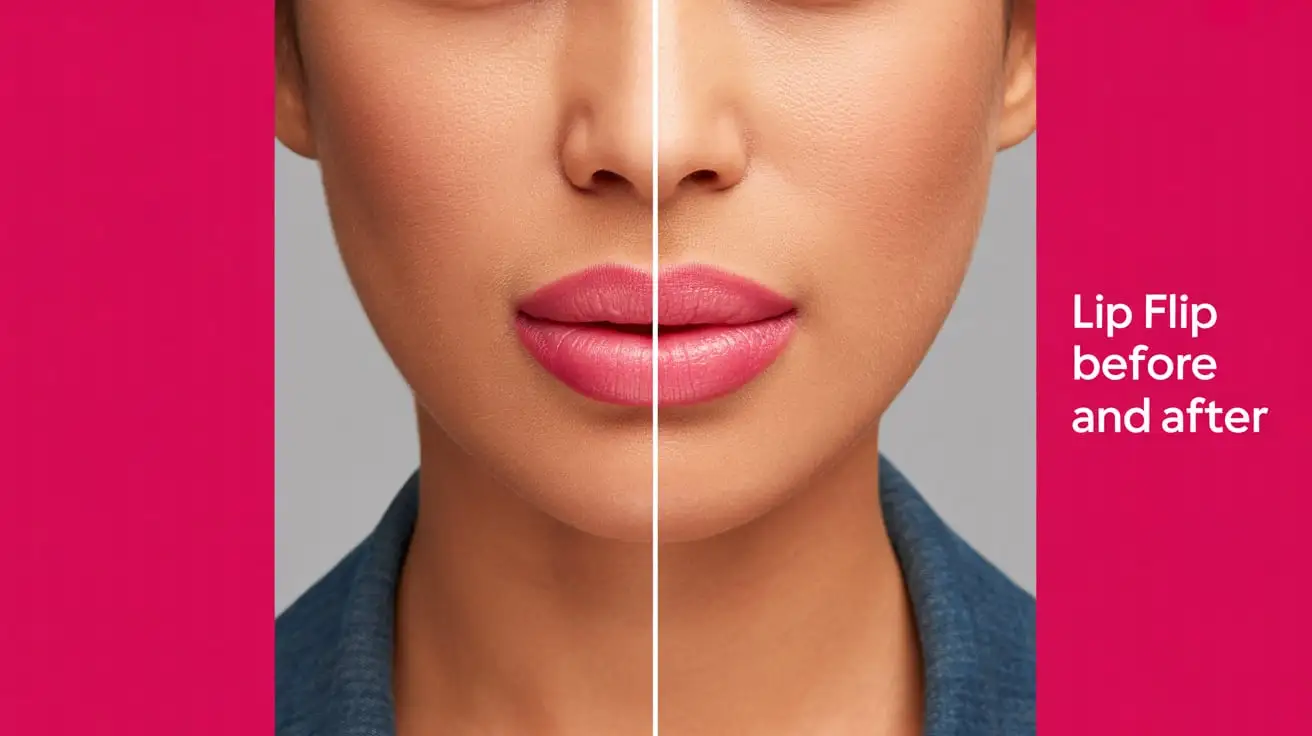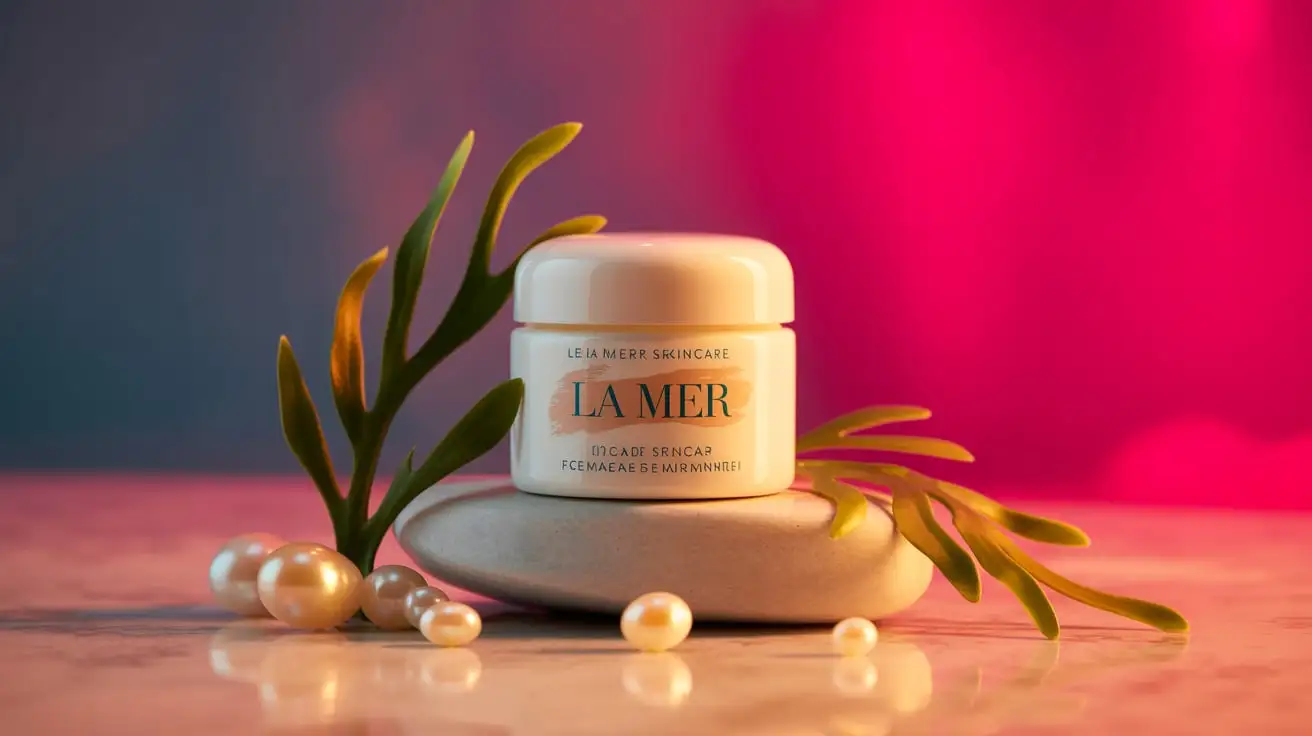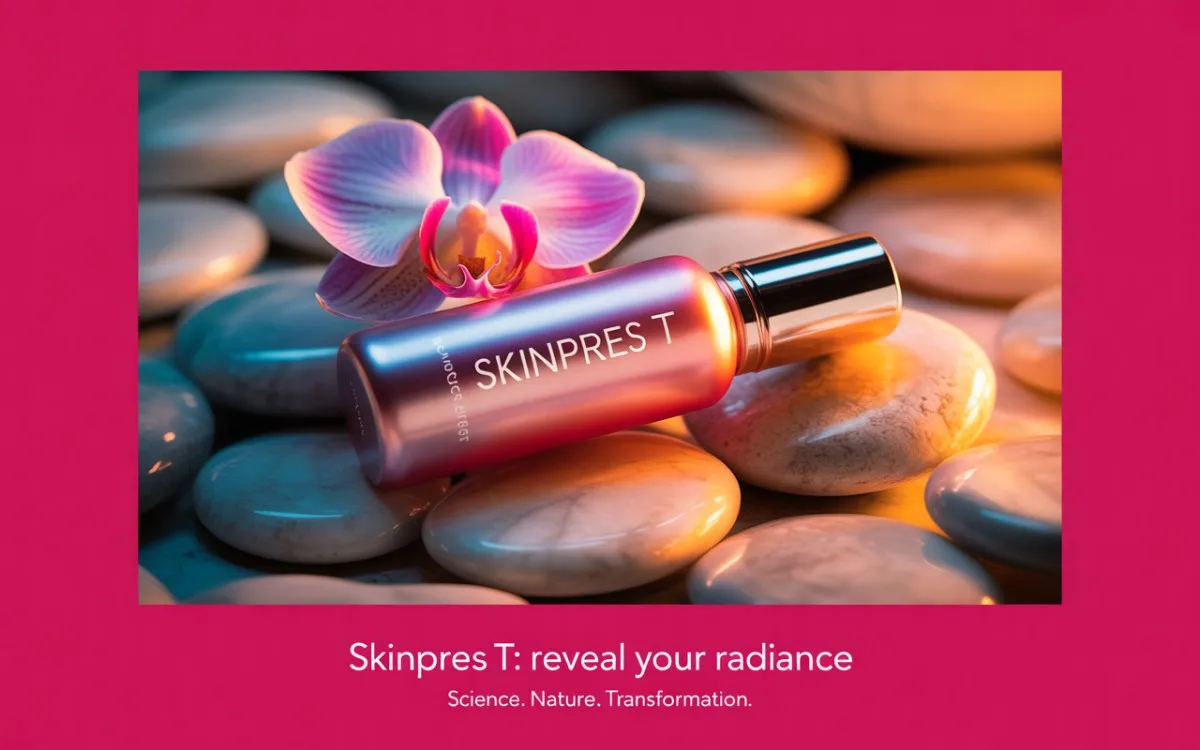When it comes to natural hair remedies, ocean water often comes up in conversations — some claim it’s a miracle for scalp health and texture, while others warn it’s more damaging than beneficial. So, where does the truth lie?
Table of Contents
ToggleMany people wonder: Is ocean water good for your hair? With the rise of beach vacations, salt sprays, and natural beauty trends, the connection between ocean water and your hair has become a hot topic. From beachy waves to mineral-rich benefits, the curiosity continues to grow.
What Is Ocean Water?
Ocean water is more than just salty liquid — it’s a complex mixture that plays a significant role in the Earth’s ecosystem. It primarily consists of salt (sodium chloride), which gives it that distinct taste and texture. Beyond salt, ocean water contains essential minerals like magnesium, calcium, and potassium, all of which are naturally occurring and can impact both skin and hair.
Additionally, trace elements and organic matter — such as microscopic marine organisms and nutrients — are present in small amounts. These components contribute to the unique properties of ocean water, making it a subject of interest when it comes to natural hair and skincare remedies.
Benefits of Ocean Water for Hair
Scalp Detox and Clarification
One of the key benefits of ocean water is its ability to deeply cleanse the scalp. The salt acts as a natural exfoliant, helping to remove dead skin cells, excess oil, and product buildup. This detoxifying effect can leave your scalp feeling refreshed and balanced, promoting healthier hair from the roots.
Antimicrobial and Anti-Dandruff Effects
Thanks to its antifungal and antibacterial properties, ocean water can help combat common scalp issues like itchiness, flaking, and dandruff. The salt helps reduce inflammation and cleanse the scalp, making it a helpful natural remedy for those with irritated or sensitive skin.
Adds Volume and Texture
Ocean water is famous for creating those effortless “beach waves.” The salt dehydrates hair strands slightly, giving them more grip and volume. As a result, your hair may appear fuller and more textured after a swim in the sea or the use of saltwater sprays.
Mineral Nourishment
Ocean water contains trace minerals like magnesium, calcium, and zinc, which are known to support overall scalp and hair health. These elements can improve circulation, reduce inflammation, and even strengthen hair follicles over time, adding to the reasons why ocean water is often praised in natural hair care.
Side Effects and Risks of Ocean Water on Hair
While ocean water can offer some benefits, it’s important to understand the potential downsides, especially if your hair is already dry, treated, or fragile.
Hair Dryness and Brittleness
One of the most common side effects of ocean water is excessive dryness. The high salt content draws moisture out of your hair strands, leaving them dehydrated and brittle. This can lead to increased porosity, a rough texture, and difficulty retaining moisture, especially for those with curly or already dry hair.
Damage to Color-Treated and Chemically-Treated Hair
Ocean water can be particularly harsh on dyed or chemically processed hair. Salt and minerals can strip away color pigments, causing fading, while also weakening hair bonds. This can result in a loss of shine, elasticity, and overall hair health.
Tangling and Split Ends
The rough texture of salt crystals and mineral deposits can raise the hair cuticle, making strands more prone to tangling. Repeated exposure can lead to knotting, increased friction, and eventually split ends or breakage, especially without proper post-swim care.
How to Protect Hair from Ocean Water Damage
If you love the beach but worry about your hair, there are simple steps you can take to enjoy the ocean without causing lasting damage.
- Pre-soak Hair with Clean Water
Wet your hair with fresh water before diving in. This helps reduce how much your hair absorbs, acting like a protective sponge that’s already full. - Use a Leave-In Conditioner or Oil Barrier
Apply a nourishing leave-in conditioner, coconut oil, or argan oil before swimming. These products create a barrier that shields your hair from salt, dryness, and mineral buildup. - Protective Hairstyles or Swim Caps
Braids, buns, or swim caps can minimize hair exposure to ocean water. These options are especially helpful for long or treated hair, preventing tangling and friction. - Rinse Hair Immediately After Swimming
As soon as you’re out of the water, rinse your hair with clean, fresh water. This helps wash away salt and minerals before they have time to dry and damage your strands.
DIY Sea Salt Spray for Beach Hair Look (Optional Alternative)
Want those effortless beachy waves without diving into the sea? You can recreate the look at home with a simple DIY sea salt spray — perfect for texture and volume without full exposure to ocean water.
Simple Recipe:
- 1 cup warm water
- 1 tablespoon sea salt
- 1 teaspoon leave-in conditioner or coconut oil
- Optional: a few drops of essential oil for scent
Mix all ingredients in a spray bottle and shake well before each use.
How to Apply:
Lightly mist the spray onto damp or dry hair, scrunching with your hands to enhance waves and texture. Avoid spraying too much, especially on the roots, to prevent excessive dryness or buildup.
Expert Insights and Scientific Perspective
To better understand how ocean water affects hair, it’s important to consider expert opinions and scientific findings.
Dermatologist and Trichologist Opinions
Hair and scalp experts generally agree that while ocean water may offer some temporary benefits—like cleansing the scalp and adding texture—it can also lead to long-term issues such as dryness, breakage, and irritation if not managed properly. Dermatologists often caution against frequent saltwater exposure without proper hair protection, especially for individuals with color-treated or damaged hair.
What the Research Says
Studies have shown that salt (sodium chloride) in ocean water can strip hair of its natural oils, increasing porosity and leading to protein loss over time. However, the presence of minerals like magnesium and calcium may provide minor therapeutic effects on the scalp when exposure is limited and followed by moisturizing care.
Who Should and Shouldn’t Use Ocean Water on Hair?
Not all hair reacts the same way to ocean water, so knowing your hair type is key to deciding whether it’s helpful or harmful.
Hair Types That May Benefit:
- Oily Scalp: The salt in ocean water can help reduce excess oil and refresh the scalp.
- Fine Hair: Ocean water adds volume and grip, making fine hair appear fuller and easier to style.
- Dandruff-Prone Scalp: Its antimicrobial properties may help soothe flakes and itching caused by scalp buildup or mild infections.
Hair Types That Should Be Cautious:
- Dry or Brittle Hair: The salt can strip away moisture, leading to even more dryness and potential breakage.
- Color-Treated Hair: Saltwater may fade dye and damage chemically treated strands.
- Curly or Coily Hair: Naturally drier and more fragile, curly hair is more prone to dehydration and frizz from ocean water exposure.
FAQs
Can ocean water help hair growth?
While it may improve scalp circulation and remove buildup, there is no solid scientific evidence that it directly promotes hair growth. However, a cleaner, healthier scalp environment may support better overall hair health.
Is it okay to leave saltwater in hair overnight?
It’s not recommended to leave ocean water in your hair overnight. The salt can dry out your strands, leading to brittleness, tangling, and potential breakage. Always rinse with fresh water and use a conditioner after ocean exposure.
Does ocean water lighten hair naturally?
Yes, ocean water can slightly lighten hair over time due to its salt content combined with sun exposure. However, this effect varies depending on your hair type and color, and it may also lead to dryness or damage if not properly managed.
Conclusion
Ocean water can be both a friend and a foe to your hair. Its natural minerals and salt content offer some cleansing and volumizing benefits, especially for those with oily or fine hair. However, the same properties can also lead to dryness, damage, and color fading, particularly for dry, curly, or chemically treated hair.
The key is balance. Occasional exposure to paired with the right protective measures and aftercare, can let you enjoy its benefits without risking long-term harm. Always listen to your hair’s needs and adjust your care routine accordingly for healthy, beach-ready strands all year round.


